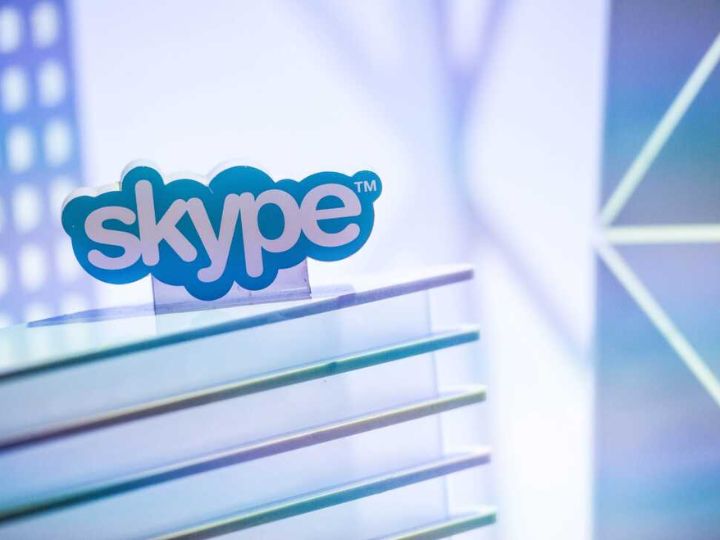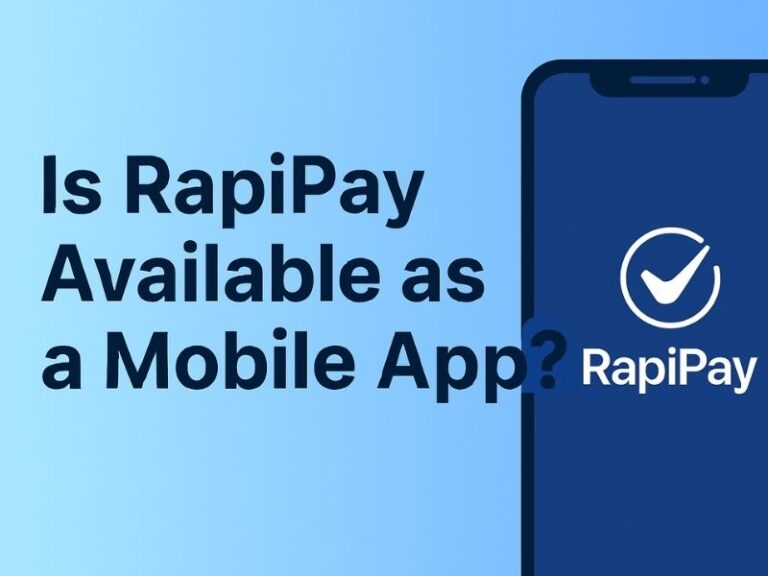
There are some tech goodbyes that hit harder than others. When the news broke that Skype shutting down, the once king of online communication, is heading toward the tech graveyard, it stirred up a whirlwind of nostalgia. Remember those awkward video calls in dimly lit rooms or the chorus of “Can you hear me now?” echoing across homes? Yeah, we’ve all been there. But what does this really mean for us, and why now? Let’s take a journey down memory lane and unpack what’s next in this tech transition.
What Does Skype Shutting Down Really Mean?
It’s not just about a piece of software going dark. Skype shutting down is the end of an era. It’s like hearing your childhood playground is being torn down—not because it wasn’t loved, but because time marched on. Microsoft has officially announced plans to sunset Skype, with features being gradually deprecated and users being nudged toward Microsoft Teams and other platforms. The shift feels like the final curtain call for a pioneer that paved the way for modern virtual communication.
How Did Skype Rise to Fame?
Back in 2003, Skype wasn’t just another app; it was revolutionary. It offered free voice calls over the internet—something mind-blowing at the time. You could chat with your cousin in another country without racking up a terrifying phone bill. It was like magic wrapped in a blue logo. Businesses started using it. Families stayed connected. Gamers coordinated strategies. Everyone had a reason to love it.
The Golden Age of Skype
From 2005 to around 2012, Skype had its golden hour. It had millions of users and was a household name. It even made its way into pop culture and Hollywood films. Kids used it for homework, companies for conferences, and friends for catching up. It was the digital living room of the internet.
Microsoft’s Big Buy and the Turning Point
In 2011, Microsoft swooped in and bought Skype for $8.5 billion. Big move, right? Everyone thought it would be Skype 2.0. But instead of soaring, it started to stall. The integration with Windows was clunky. User interfaces didn’t evolve with the times. And then Microsoft dropped a curveball—introducing Teams. Slowly but surely, Skype started feeling like yesterday’s app.
What Went Wrong?
Let’s be real—Skype didn’t evolve fast enough. While Zoom, WhatsApp, and Google Meet danced into the future with slick interfaces and better performance, Skype was left wearing digital bell-bottoms. It lagged. It glitched. And let’s not forget the update fiascos. If Skype were a party, the DJ never quite played the right song.
The Shift to Microsoft Teams
Microsoft didn’t just want to retire Skype—they wanted to replace it with something more powerful: Microsoft Teams. Teams combined chat, calls, file sharing, and integrations. It became the new cool kid in the corporate hallway. For businesses, it was a no-brainer. But for casual users? Not so much. It lacked the warmth and simplicity Skype once had.
Why Users Feel Left Behind
For many, Skype was more than just software. It was a lifeline. Grandparents saw their grandkids grow up via Skype calls. Soldiers connected with families from overseas. It had heart. Teams, while efficient, feels cold and corporate. The emotional connection just isn’t there.
Alternatives to Skype – What Are Your Options Now?
So, what now? The good news is there’s no shortage of alternatives. Check out this quick table:
| Platform | Best For | Pros | Cons |
|---|---|---|---|
| Zoom | Business, Education | High quality video, features | Security concerns early on |
| Personal Chats | Easy, encrypted | Limited group calling | |
| Google Meet | Work and Schools | Google integration | Not super intuitive |
| FaceTime | Apple Users | Great quality | Apple-only |
Finding the Right Fit
The key is choosing what fits your lifestyle. If you’re video-calling Grandma, maybe WhatsApp or FaceTime is your jam. Running a remote team? Zoom or Teams will have your back. It’s not about finding a Skype clone—it’s about finding something that works better for you today.
What Happens to Your Skype Account?
So, what about all your old messages and contacts? Microsoft says users will be notified and given options to migrate or download their data. But act fast—once the plug is pulled, your digital memories might be toast. Always back up anything you might want to keep, like those ancient birthday video messages from your old college roommate.
How to Migrate Your Data
Here’s a quick list of what you can do:
- Go to your Skype settings.
- Select “Export chat history.”
- Download and save the file securely.
- Update your contacts with your new preferred platform.
Simple, right? But don’t procrastinate. Once the service shuts down, the window closes.
Emotional Tech Goodbyes
This isn’t just a tech update—it’s a farewell. Remember when MSN Messenger closed? Or when Yahoo Chat faded away? It’s that kind of moment. Losing Skype is like losing an old friend you didn’t talk to every day, but were glad to know was always around.
Why This Feels Personal
Maybe it’s the memories. Maybe it’s the simplicity we miss. But something about Skype shutting down feels like the internet is growing up, moving out, and leaving some of the nostalgia behind. It’s bittersweet, isn’t it?
Tech Moves Fast—Users Need to Keep Up
Here’s the hard truth: technology doesn’t wait for anyone. If you don’t evolve, you get left behind. Skype had its time, but the world changed. Just like we moved from flip phones to smartphones, now we’re moving on from Skype. It’s natural, even if it’s a little sad.
Lessons Learned from Skype’s Fall
Skype’s journey teaches us a few things:
- Don’t rest on your laurels.
- Listen to users, and evolve with them.
- Keep the interface simple and intuitive.
If Skype had adapted more quickly, we might be writing a different story today.
What Will Replace Skype Emotionally?
No app can perfectly replace what Skype shutting down gave us emotionally. But maybe that’s not the point. Maybe we’re meant to take those memories, smile, and find new tools that make new memories. After all, it’s not about the app—it’s about the connection it fostered.
The New Age of Communication
Now we have AI-powered translators, AR chatrooms, and apps that blur the line between real and virtual. Skype walked so these could run. That’s its legacy, and it’s a pretty impressive one.
Conclusion: Goodbye Skype, Thanks for the Memories
So here we are, at the end of Skype’s story. It’s not a tragic tale—it’s a celebration of what was. **Skype shutting down** isn’t just about losing a platform, it’s about moving forward. It’s about recognizing the giants whose shoulders we stand on in today’s digital world. Whether you used it to land your first remote job, share baby’s first steps, or just say “hi” to someone far away, Skype meant something. And that matters.






